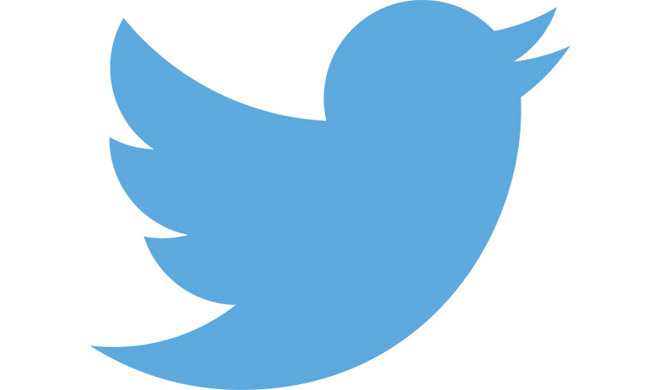As the rumor mill spins churns over speculation about who will take over ubiquitous microblogging network Twitter, a pair of reports on Wednesday put two of tech's biggest players, Apple and Google, and entertainment giant Disney out of the running.
Citing sources familiar with the matter, Recode reports neither Apple nor Google nor Disney have plans to put in bids for Twitter. Google in particular was thought to be among Twitter's most likely suitors after news broke that mergers and acquisitions advisor Lazard was looking into financials for the internet search giant.
Twitter's hunt for a steward has dominated tech industry talk over the past week, though sources speaking to Reuters cautioned that the bidding process might not result in a sale. That same report said Twitter wants to wrap up negotiations by the time it reports third quarter earnings on Oct. 27.
A number of deep-pocketed companies are supposedly in the running for Twitter, a massive social media platform offering potential buyers access to mountains of users and user data. Aside from Google, Salesforce and Disney were also widely expected to make moves for the company, though Disney has also bowed out, reports Recode.
Each of Twitter's suitors — past, present or future — have much to gain from the worldwide communications network. Disney might have used Twitter as a distribution outlet, while last man standing Salesforce stands to gain a treasure trove of data from which to mine business intel. And Google, well Google likes ads.
For Twitter, a sale could mean an out as advertisers abandon ship to bigger, more populated platforms like Instagram and Snapchat.
News of Google's disinterest sent Twitter stock plummeting in after market trading Wednesday night. It seems investors are eager to find a stable buyer capable of leading Twitter to greater success after the company missed Wall Street expectations in the first and second quarters of 2016.
 Mikey Campbell
Mikey Campbell








 Charles Martin
Charles Martin
 Christine McKee
Christine McKee
 Wesley Hilliard
Wesley Hilliard
 Malcolm Owen
Malcolm Owen
 Andrew Orr
Andrew Orr
 William Gallagher
William Gallagher
 Sponsored Content
Sponsored Content








6 Comments
I can't imagine Apple ever considered acquiring Twitter, it would do next to nothing for them...
Google (and Facebook) would never go for Twitter because they know it would never be approved by regulators.
All of this stinks of stock manipulation.
There would be absolutely no upside for Apple. Amazon, on the other hand, I could see them buying Twitter for the data mining and ad placement.